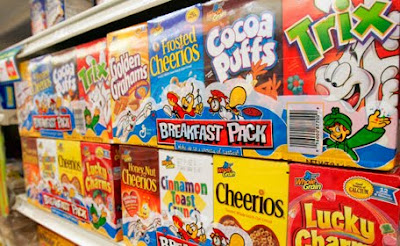
In our approach to health and fitness we focus on three key factors, movement, nutrition, and recovery. We have already talked about movement and nutrition and we will return to both of those soon, but this week we are talking about recovery and more specifically, sleep.
How much are you getting and what is the quality of the sleep you are getting? If you are like most teenagers, 5 hours seems to be the norm and it is looked upon like a merit badge if you can function on less. But the truth is the price you are paying for this is high and the time that is saved by cutting sleep is often paid back in the form of disease. Several studies have shown how quickly sleep deprivation effects just about every bodily system and can contribute to stress, inflammation, cancer, heart disease, and diabetes. Other studies have shown the symptoms of sleep deprivation mirror those of ADD/ADHD and can lead to a misdiagnosis in teens.
Most people know this and somehow on their cost/benefit analysis still think it's worth it. Let me add one more component that may sway the scale. Lack of sleep has a strong link to an individuals ability to lose body fat. More specifically ongoing sleep deprivation has been linked to increased body fat retention and obesity. I found the following scale in an article on the web site Mercola.
The recommended amount of sleep per night is seven to nine hours; however, most Americans average somewhere around six. Researchers found that the further away one is from getting the recommended hours of sleep, the higher their risk of obesity is.
Lack of Sleep and the Obesity Connection
Less than four hours: 73 percent risk
Five hours of sleep: 50 percent risk
Six hours of sleep: 23 percent risk
A quick google search will provide you with study after study showing that lack of sleep leads to insulin resistance, decreased leptin levels (leptin is a blood protein that suppresses the appetite and helps the brain sense when you are full) and increased cortisol levels (an ugly stress hormone that among other bad things increases blood sugar). All of these processes combine to lock fat into your cells and prevent you from shedding fat and using it as an energy source.
What can you do about it? Treat sleep the same way you treat your diet. It is almost as important. Set a time to get into bed that will allow for, at the very least, 7 hours of sleep, preferably more. Make your bedroom a cool dark sanctuary. There should be only one thing going on in your bed, sleep. Watching TV, in bed, is a huge hindrance to deep sleep. Get all electrical and lighted devices away from your bed. When the lights are off, you should not be able to see your hand in front of your face. Try to standardize your schedule. If you have to get up at 5am during the week, try to make your wake-up time during the weekend not stray too far from that. Sleeping in late on the weekends will reset your circadian rhythms and have you playing catch up till Wednesday of the next week. The last few tips most of you probably already know. No coffee or any caffeinated drinks late in the day. Alcohol really screws with the sleep cycle, and again late night TV stimulates the brain and makes it harder to get to sleep.
It's a long post with a lot to think about, but for your blog this week I want you to answer 2 questions.
1. On average, how much sleep are you currently getting?
2. What are circadian rhythms?


